Haenyeo (literally “sea women”), is the name given to female scuba divers who live on Jeju Island, South Korea. These women can still dive into the ocean well into their 80s, diving to depths of 10 meters without any breathing equipment.
Their job is to hunt and collect seafood, including abalone, sea urchins, octopus, seaweed...
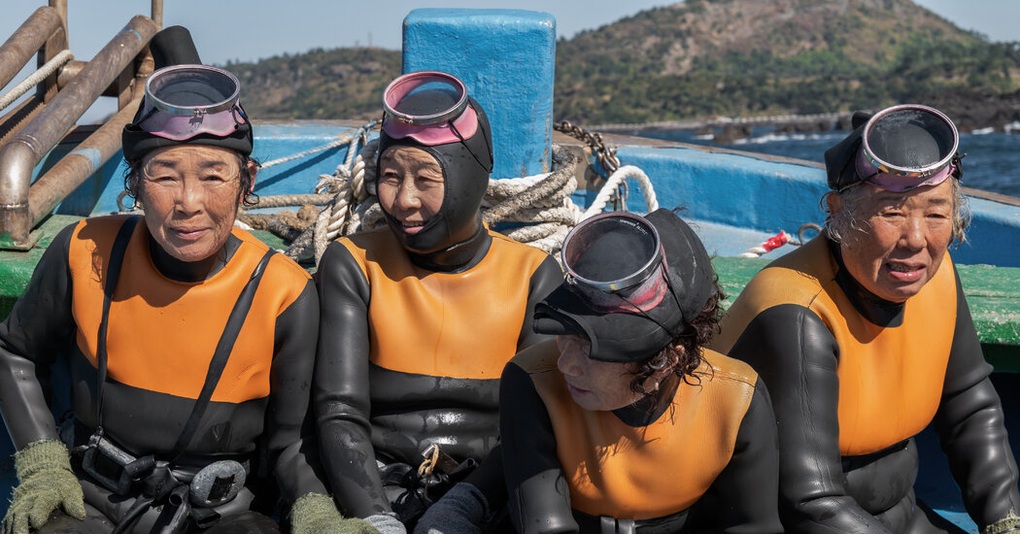
Haenyeo female divers can dive into frigid seawater without breathing equipment, even when they are over 70 years old (Photo: NYT).
Although each dive into the sea only lasts about a minute, Haenyeo diving trips last continuously for 4 to 5 hours, which requires incredible endurance from the female divers.
Scientists believe that after many generations of diving, this group of female divers have had biological and genetic evolutions that allow them to free dive in cold seawater for long periods of time.
To explore this, researchers led by scientists from the University of California - Berkeley (USA) analyzed the genomes of 30 female Haenyeo divers, 30 non-diver women living on Jeju Island and 31 women living on the Korean mainland.
The women who volunteered for the study had an average age of 65, which is consistent with the working age of many Haenyeo.
The researchers didn't stop at genetics, but also checked the women's heart rates and blood pressure while they were resting and during "simulated diving" sessions, which involved holding their breath and dunking their faces in cold water.
The study concluded that Haenyeo female divers had genetic changes, evolving to help them adapt to diving.
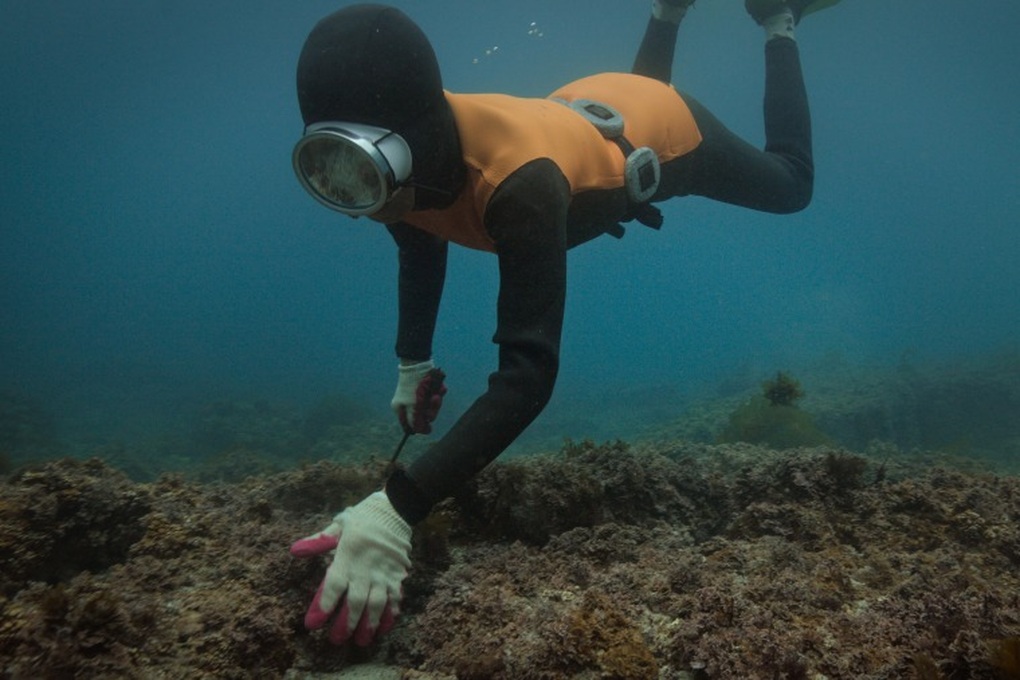
Female divers have biological evolution that allows them to regularly work in harsh environments (Photo: CNBC).
First, the researchers found that women living on Jeju Island, both Haenyeo and non-divers, were genetically different from women living on the Korean mainland. This suggests that the Jeju people likely originated from a different ancestral group than those on the mainland.
Scientists say the Haenyeo have a range of genetic mutations that help them cope with the stresses of diving, including a gene that improves cold tolerance, allowing the female divers to be less vulnerable to hypothermia when diving into cold water.
They also have another gene linked to lower diastolic blood pressure, which allows them to hold their breath for longer. This may be the reason why the Haenyeo can dive deep into the ocean without breathing equipment.
When scientists simulated cold-water diving, study participants experienced a drop in heart rate as a natural reflex to conserve oxygen in the body.
However, the Haenyeo showed superiority in heart rate reduction, with their heart rate decreasing by an average of 18.8 beats per minute, compared to only 12.6 beats per minute for other women living in Jeju but not diving.
A slower heart rate helps female divers conserve energy and extend their oxygen reserves, a key advantage that allows them to dive deeper and longer on a single breath.
"Because the Haenyeo dive for such a long time, their heart rate is trained to decrease more. We found that one female diver's heart rate decreased by more than 40 beats after just 15 seconds," said Melissa Ilardo, a geneticist at the University of Utah (USA), a member of the research team.
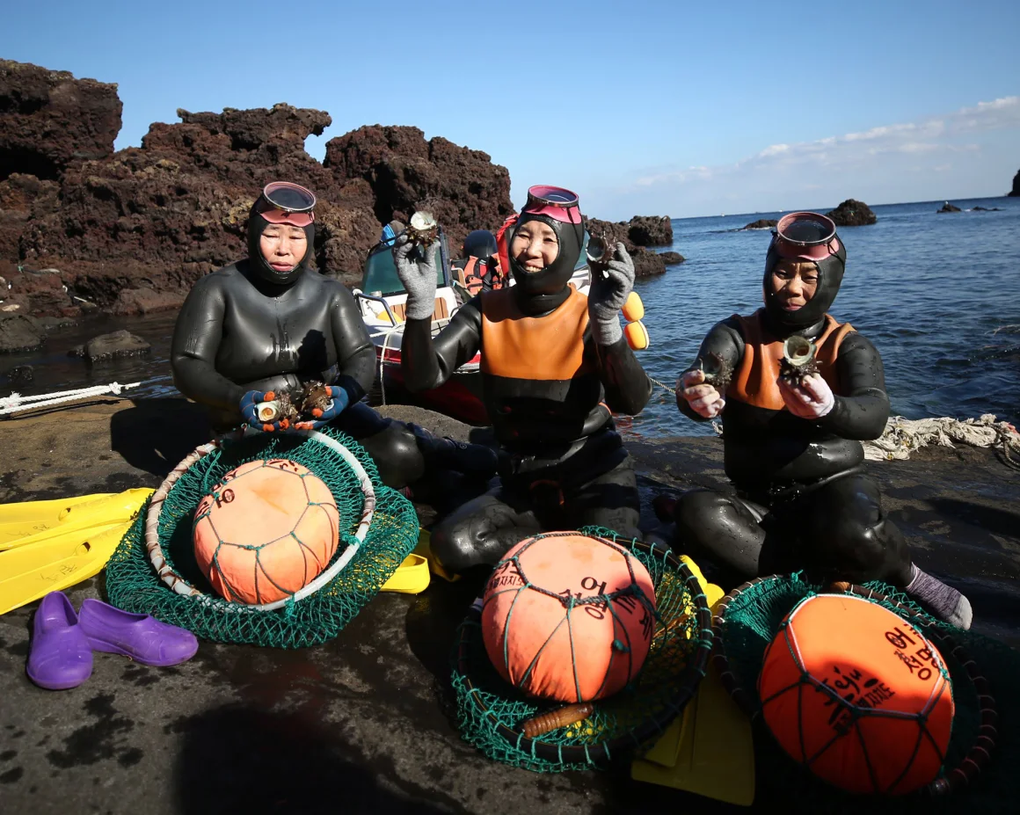
The number of female divers in Jeju is decreasing as many girls no longer want to pursue this dangerous job (Photo: Shutterstock).
However, like many other traditional cultural traits around the world , the Haenyeo tradition is gradually fading away as many young women in Jeju do not want to continue diving, which is causing the group of female Haenyeo divers to decline in number.
Haenyeo female divers in their 70s are still working, but this will likely be the last generation of female divers on Jeju.
However, the biological and genetic evolutions that have been shaped over generations of Haenyeo diving work may leave a lasting legacy, not only as a cultural memory, but also as an important scientific resource.
Scientists say studying how the Haenyeo adapt to harsh working environments could help modern medicine uncover beneficial insights.
"If we can further study the biological and genetic changes of female divers in Jeju, this could be a valuable resource for finding treatments for various diseases, such as hypertension during pregnancy or stroke," added Dr. Melissa Ilardo.
The results of the scientists' research were published in the scientific journal Cell Reports.
Source: https://dantri.com.vn/khoa-hoc/nhom-nu-tho-lan-tu-tien-hoa-bien-doi-gen-de-phu-hop-moi-truong-khac-nghiep-20250513010828928.htm



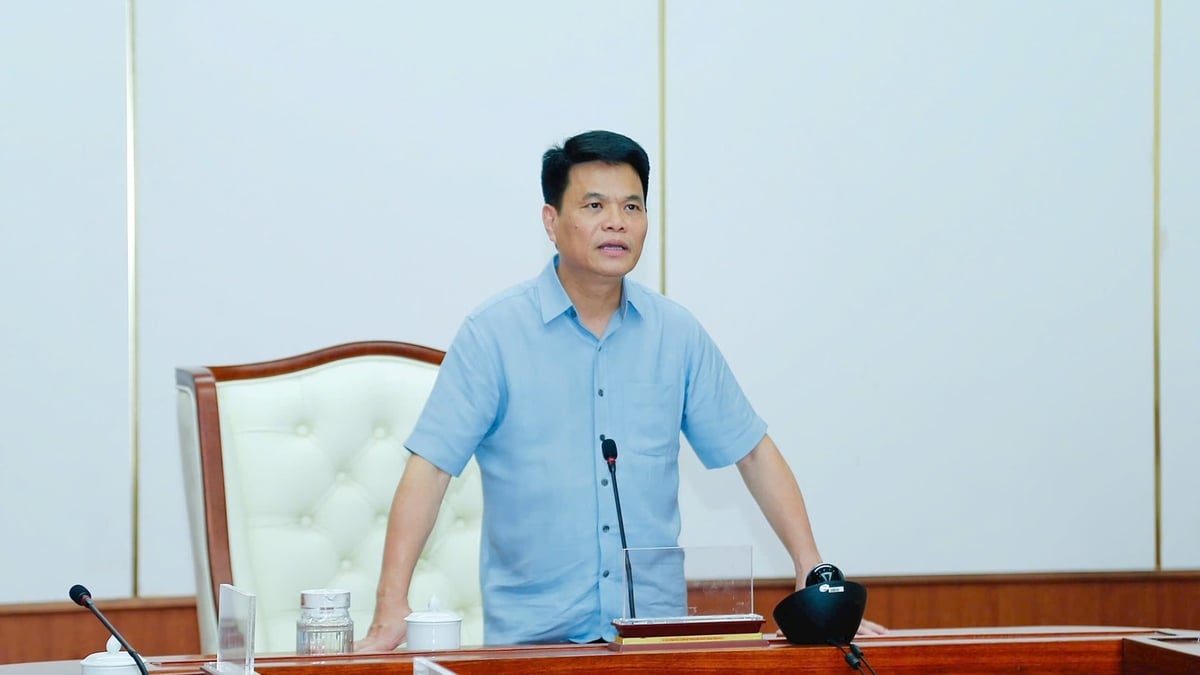
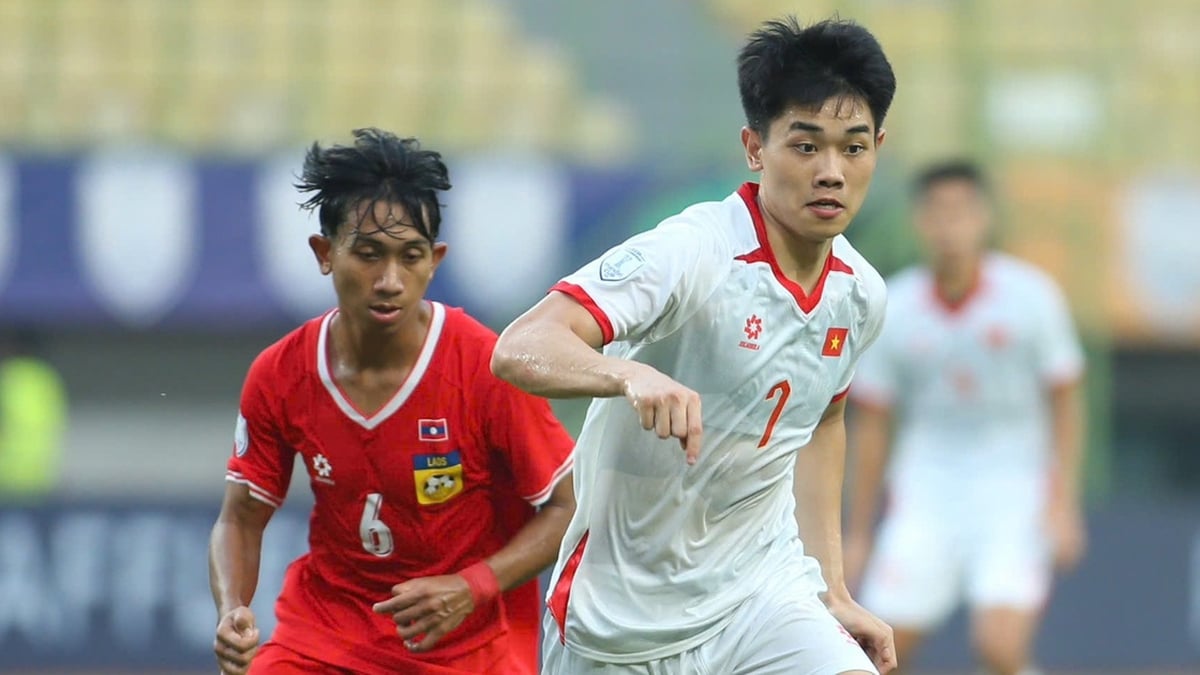
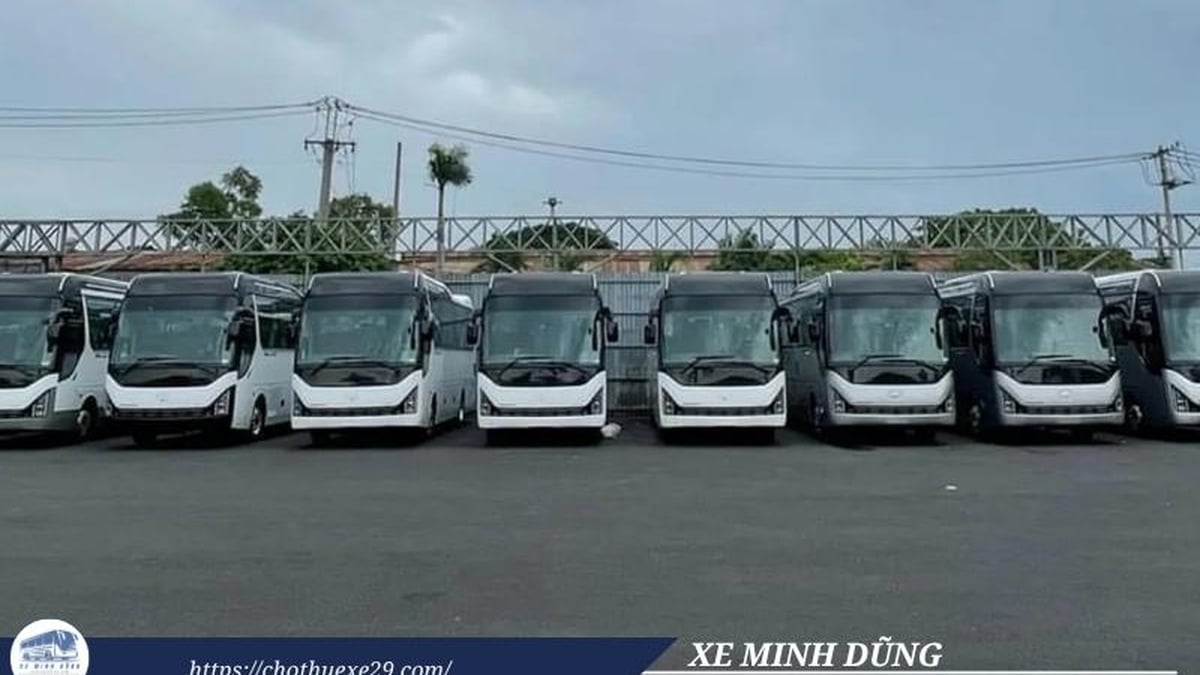
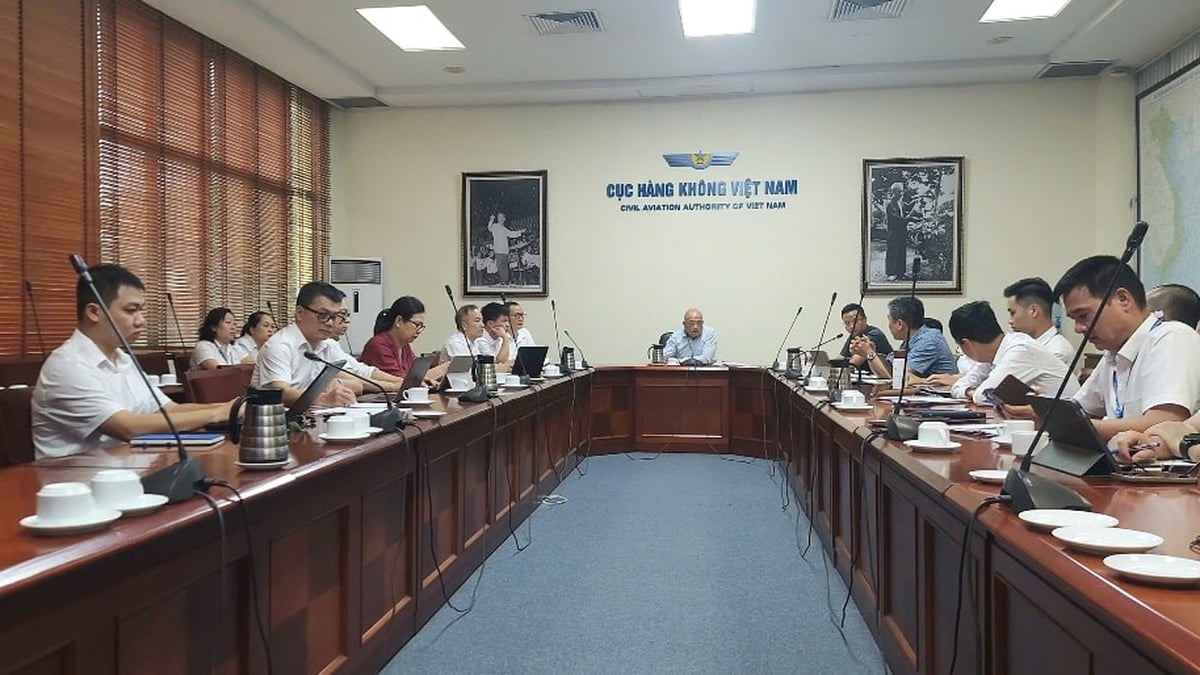
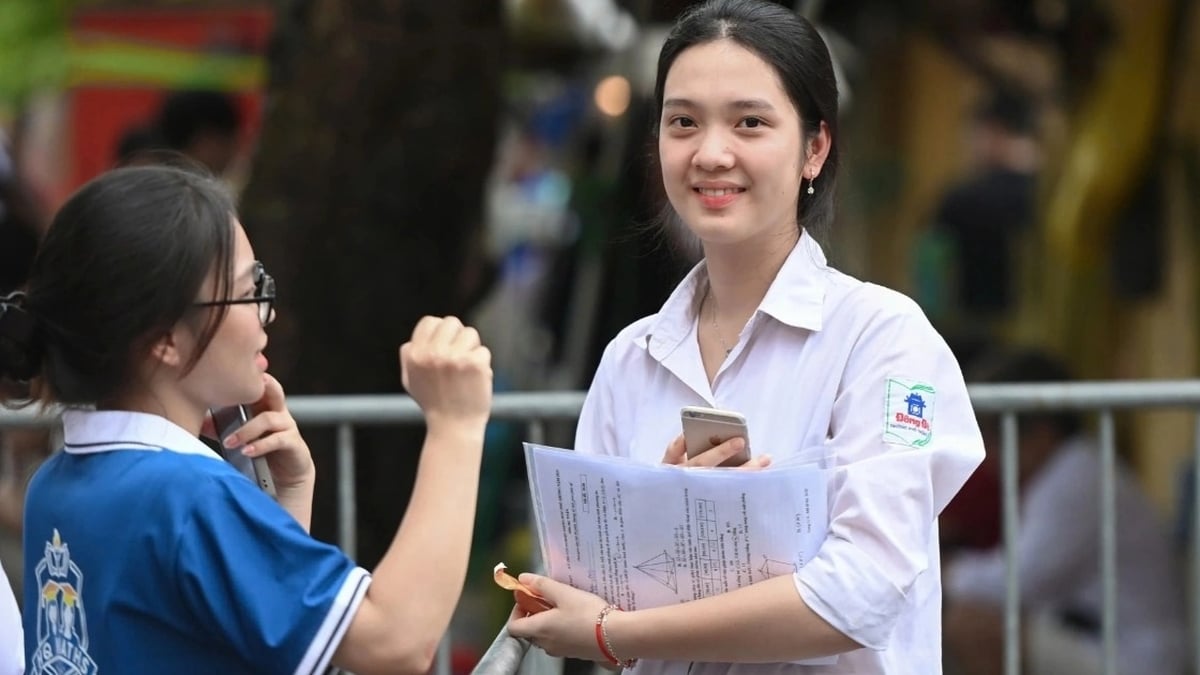
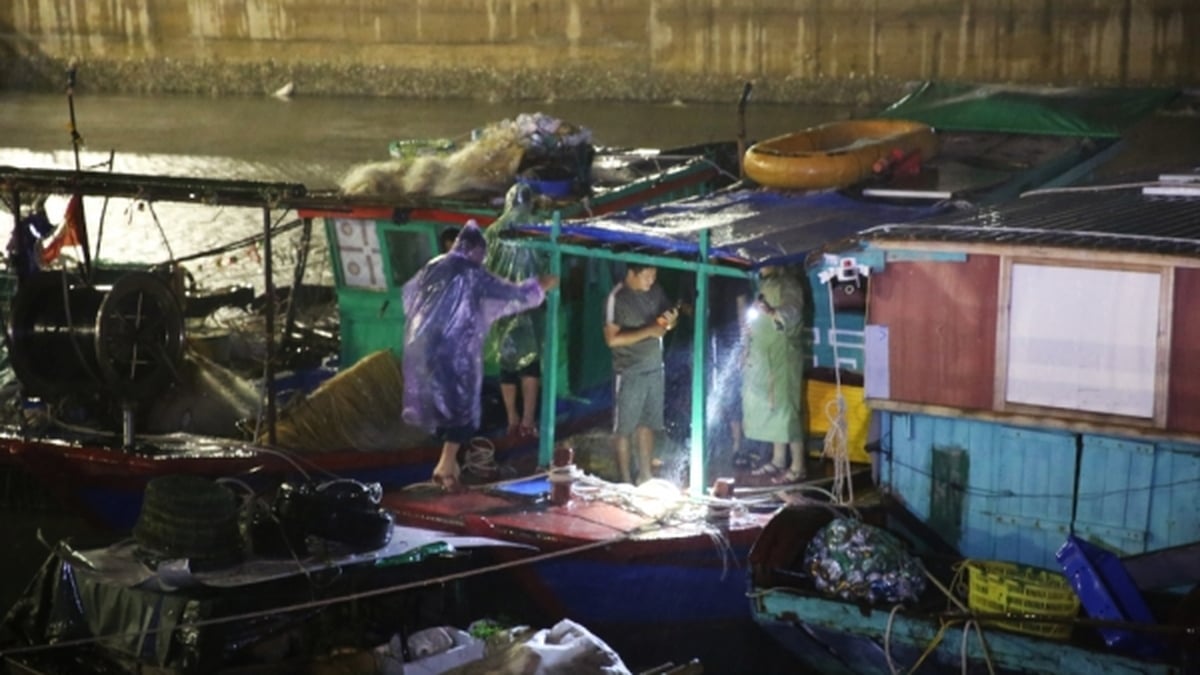
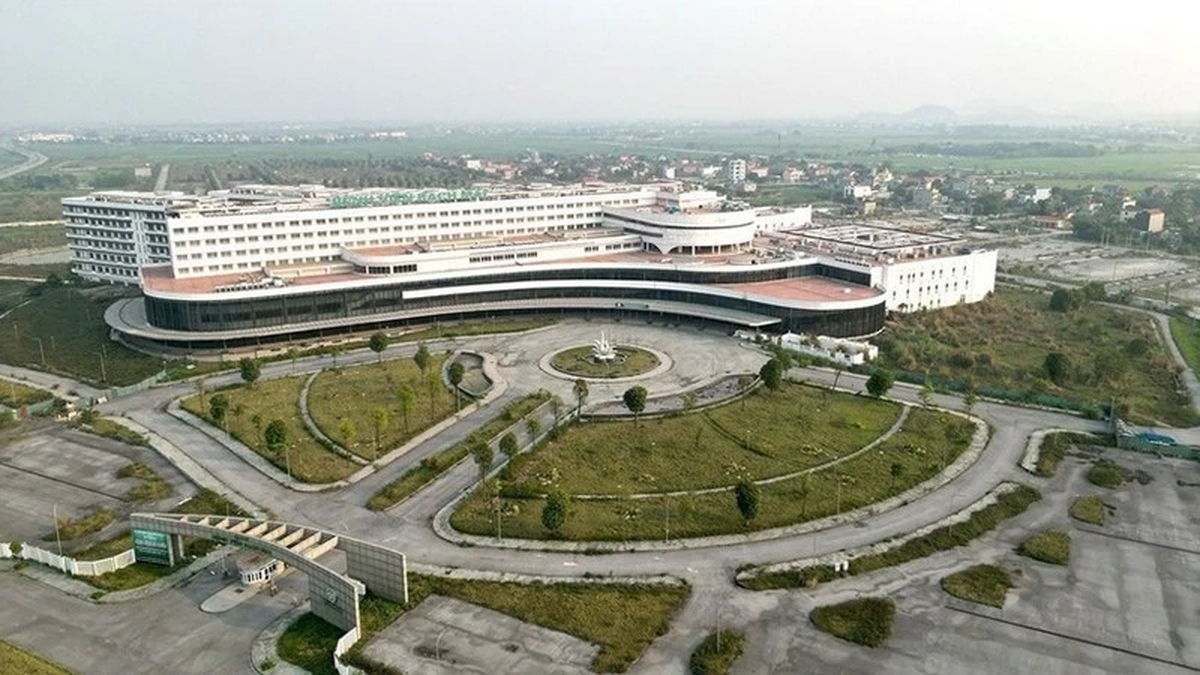
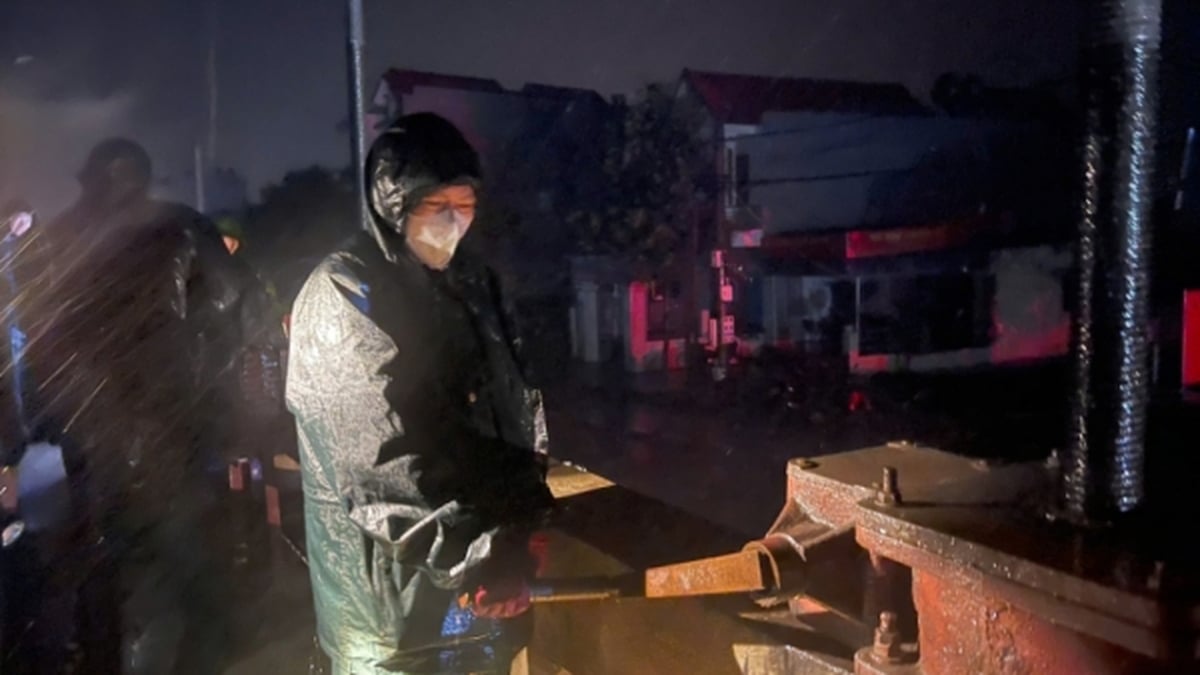
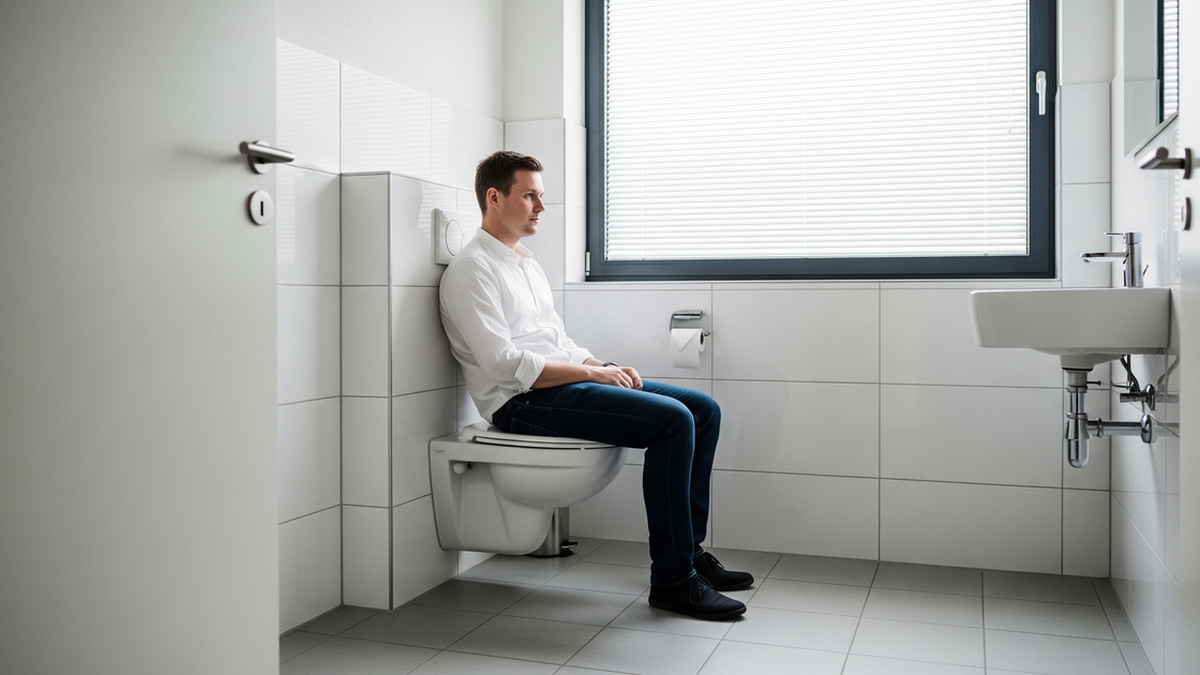












![[Photo] National Assembly Chairman Tran Thanh Man visits Vietnamese Heroic Mother Ta Thi Tran](https://vphoto.vietnam.vn/thumb/1200x675/vietnam/resource/IMAGE/2025/7/20/765c0bd057dd44ad83ab89fe0255b783)












































































Comment (0)